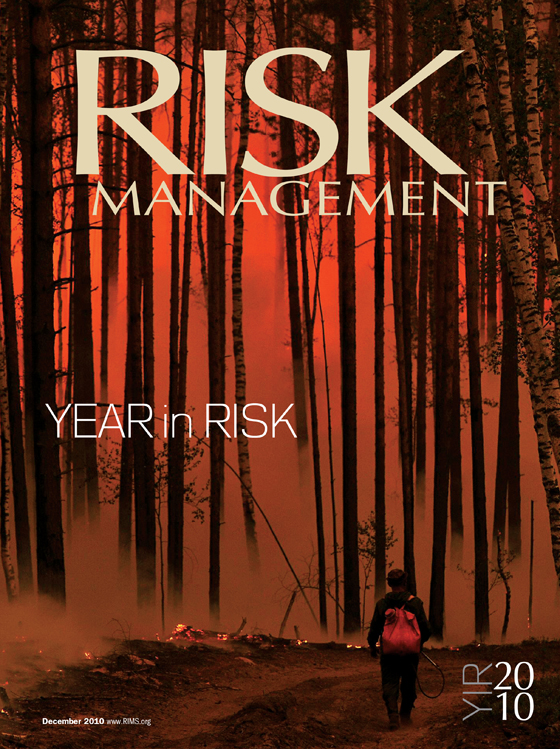The ongoing debt crisis in Greece continues to spur unrest, move markets and threaten the very fabric that connects the eurozone. Exactly how much effect a Greek default — and the domino effect in lending costs it would have throughout Europe — would have on the U.S. business world remains unclear.
But a good rundown from CNN Money offers a list of the three biggest risks Greek default presents for the United States: (1) U.S. bank exposure to sovereign debt, (2) a pullback in U.S. exports, and (3) U.S. business slow down.
To me, the last one seems the most threatening. Only now is the U.S. economy beginning to make any headway on replacing the jobs lost after the 2008 meltdown — and even this “recovery” remains mild, at best.
Here is how CNN breaks down that risk.
Many products sold by U.S. companies in Europe are made in Europe.
And losses there are already taking a bite out of U.S. multinational firms, from automakers General Motors and Ford Motor, to cereal maker Kellogg and smaller niche companies like watch and accessories maker Fossil, whose stock tumbled 40% in a single day after reporting weak European sales earlier this month.
If the value of the euro versus the dollar continues to drop, U.S. goods are going to become more expensive by comparison to those made by European rivals. And that could cut into U.S. business sales and exports around the globe if countries can get cheaper imports from Europe.
Furthermore, if export-driven economies like China see demand from Europe slow, it increases a risk of a so-called “hard landing” for the Chinese economy.
Given the importance of emerging market growth worldwide, a hard landing in China and other export markets poses a significant threat of creating a global recession, according to a report earlier this year from the World Bank.
And the with U.S. GDP of 2.2% in the most recent quarter, it is doubtful the United States can avoid a recession of its own if there is a true global slowdown.
There’s the “R” word resurfacing. For the United States—not just economies across the pond. In 2012, there is no greater risk facing American companies.


